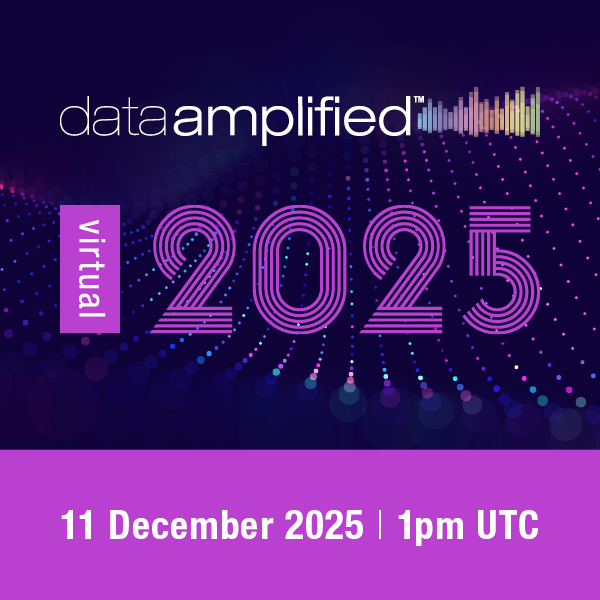Exploring Booleans and enumerations in new ESG taxonomies

Creating digital reports often requires capturing information that goes beyond pure numbers. With financial and sustainability disclosures increasingly moving into structured digital formats, understanding how to convey narrative data clearly is becoming ever more important.
In this new guest post on our blog, Catalina Ibáñez Gutiérrez and Carina Tepper from Lucanet Amana, members of our Taxonomy Design Working Group, explore the role of Booleans and enumerations in simplifying these disclosures.
Booleans – simple true/false data points – help clarify key yes/no questions in reports, such as whether certain policies or performance metrics are in place. Enumerations go a step further, offering predefined lists of answers to more complex questions, allowing users to select options like “short term,” “medium term,” or “long term.” These elements have been used for years in the US GAAP taxonomy and are now central to the IFRS Sustainability Disclosure Taxonomy, EFRAG’s ESRS, and the GRI’s Sustainability Taxonomy, helping narrative data flow seamlessly into digital formats like iXBRL.
By incorporating Booleans and enumerations, preparers can convey qualitative information with precision, ensuring that critical disclosures are not only accurate but also easy to interpret. This approach enhances comparability across reports, allowing stakeholders to dig deeper into narrative data and extract valuable insights – all while reducing ambiguity.
For a closer look at how these elements are transforming digital financial and sustainability reporting, read the full post on our blog here.






